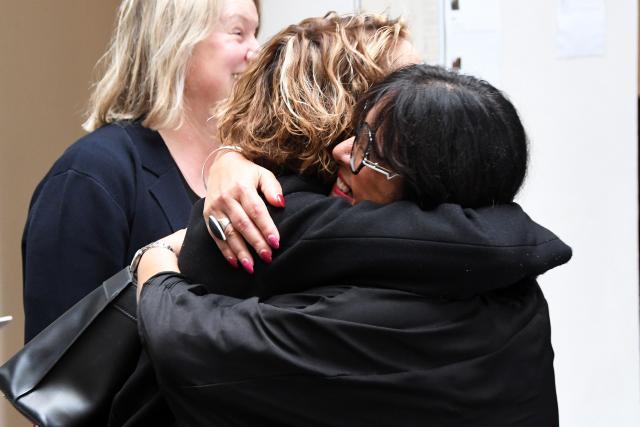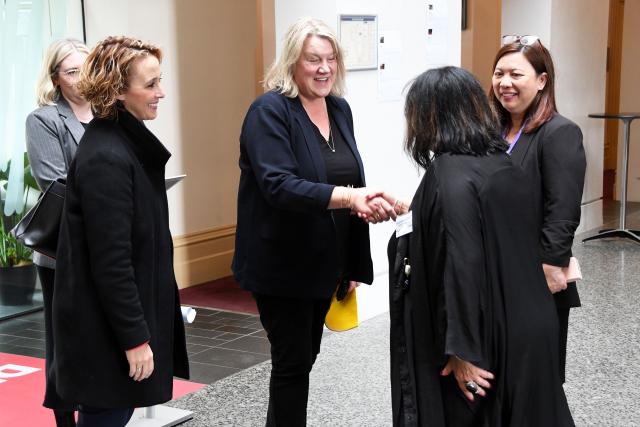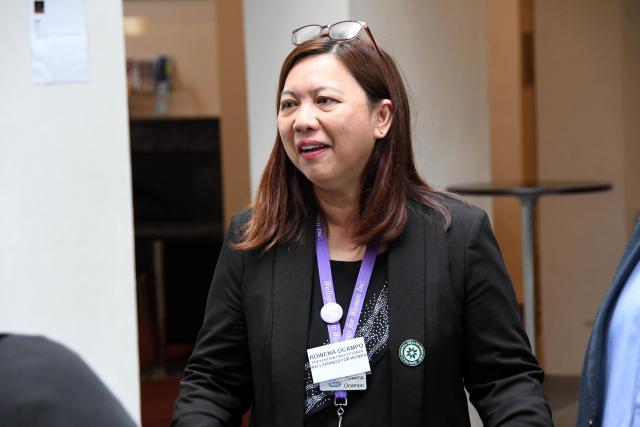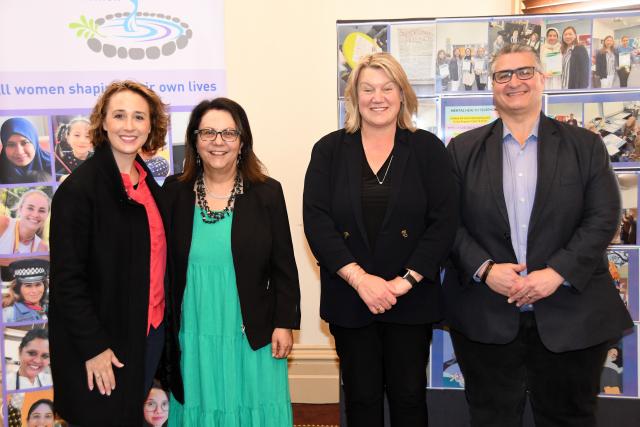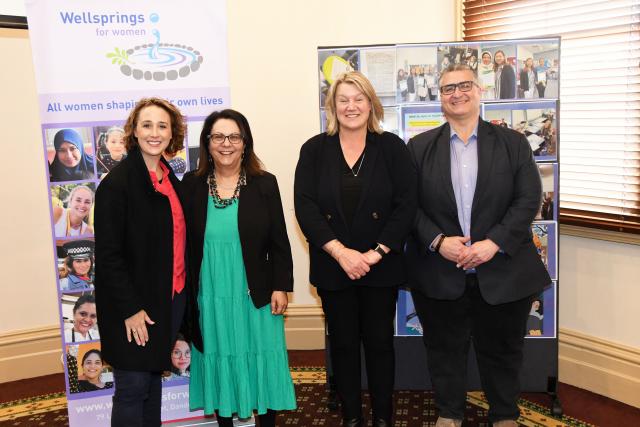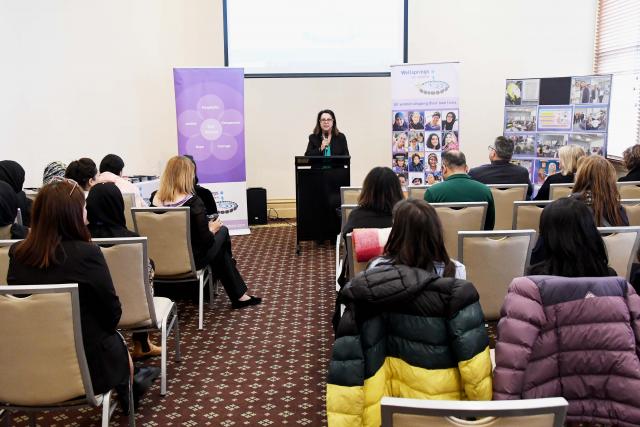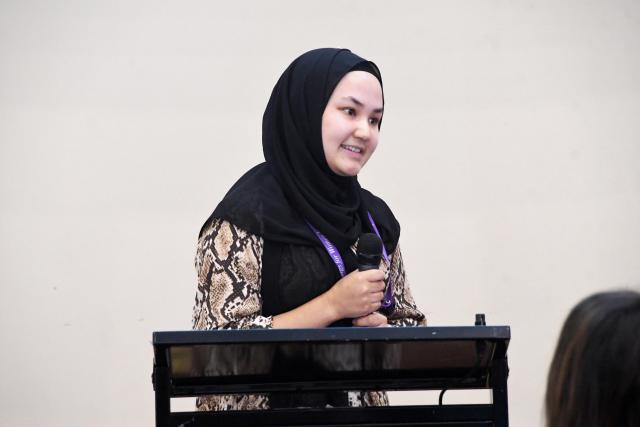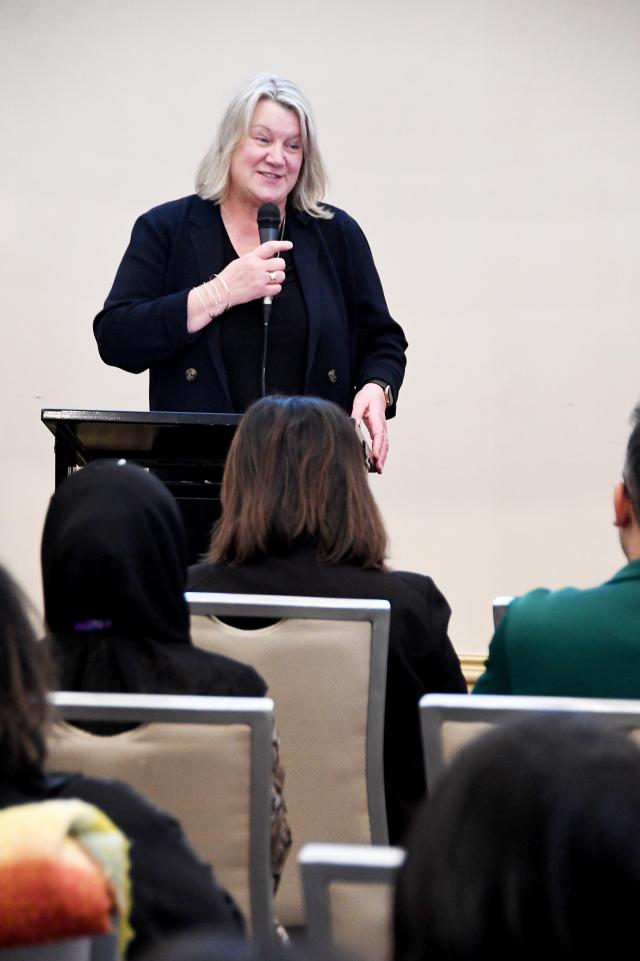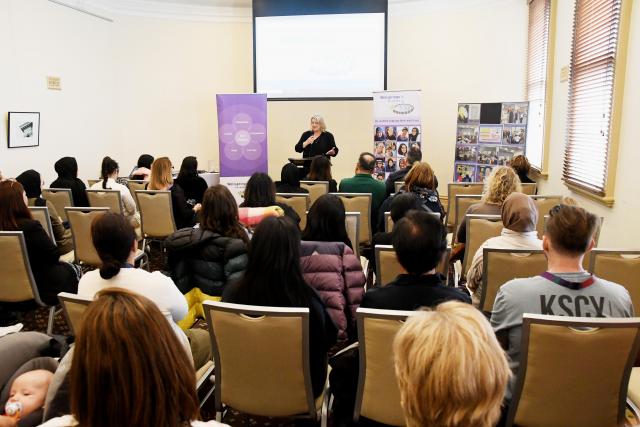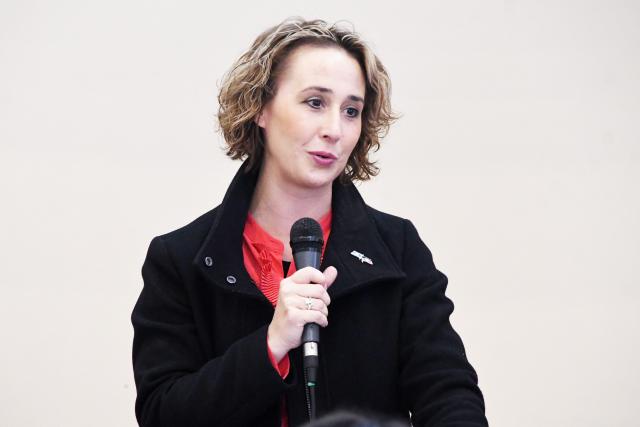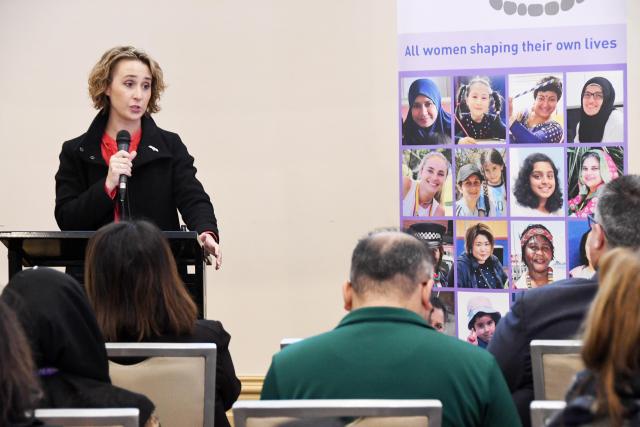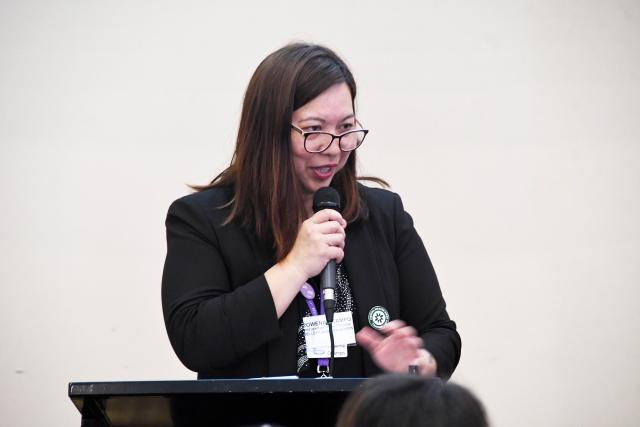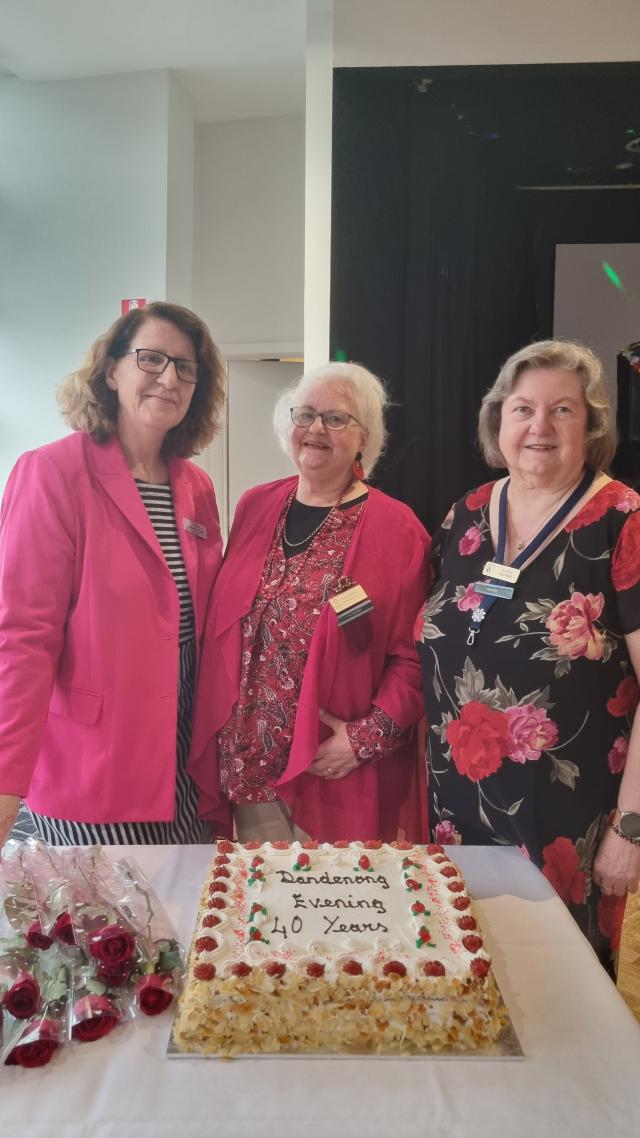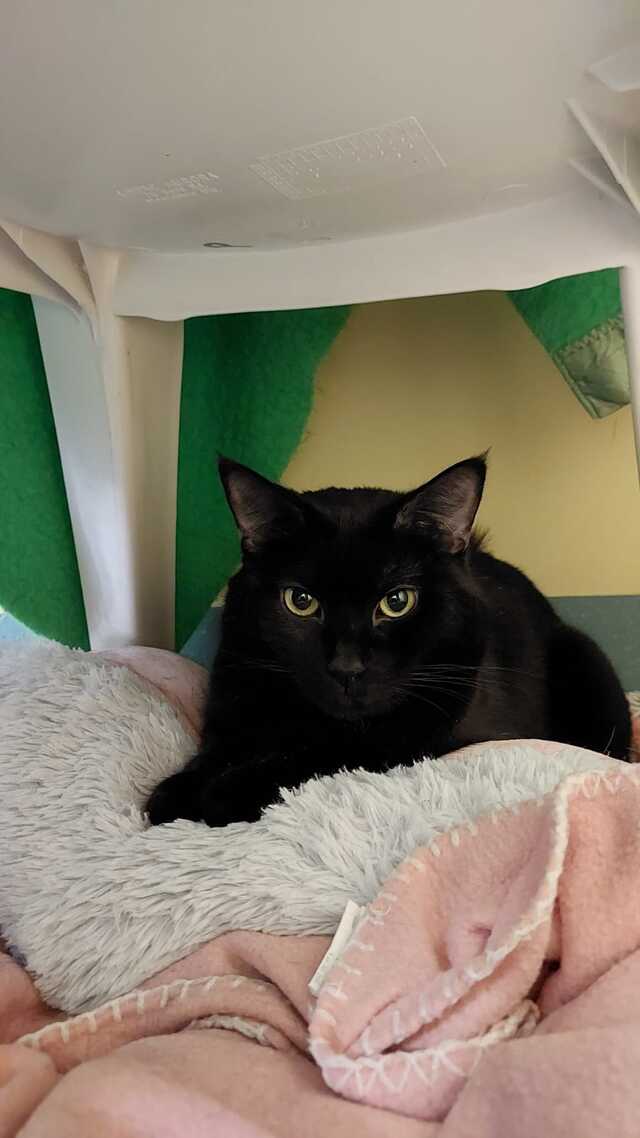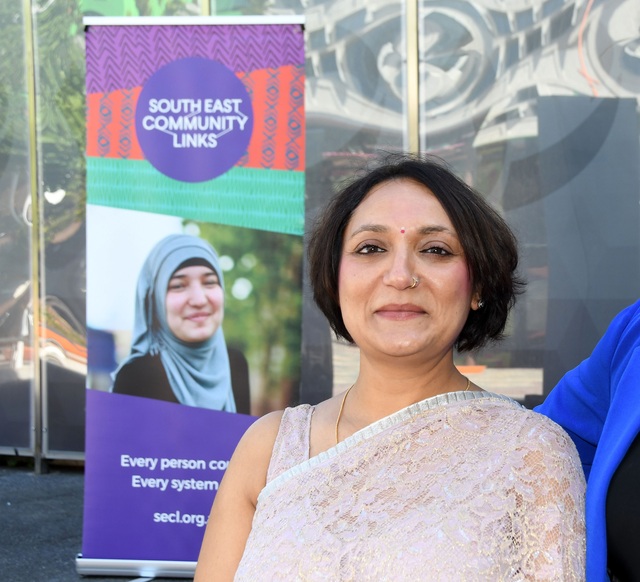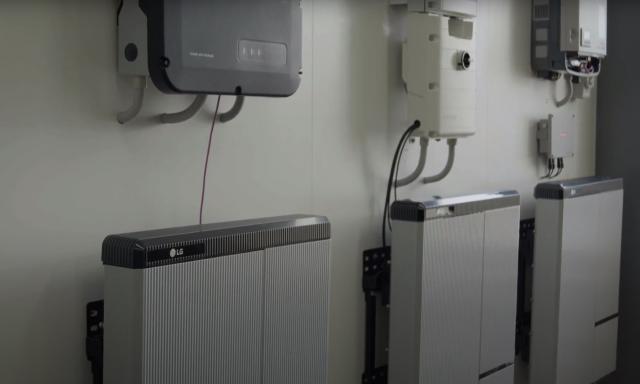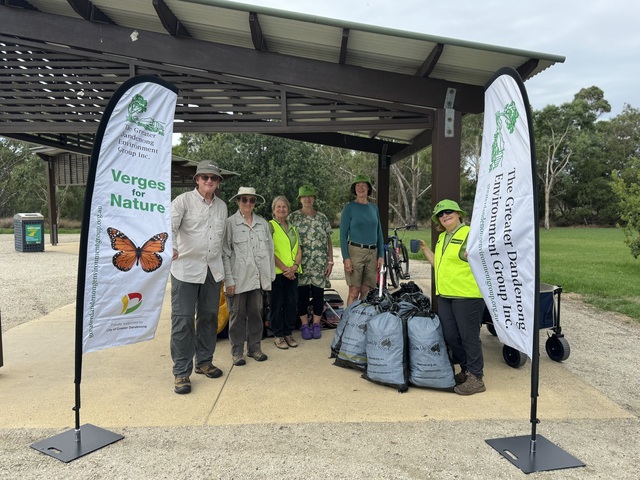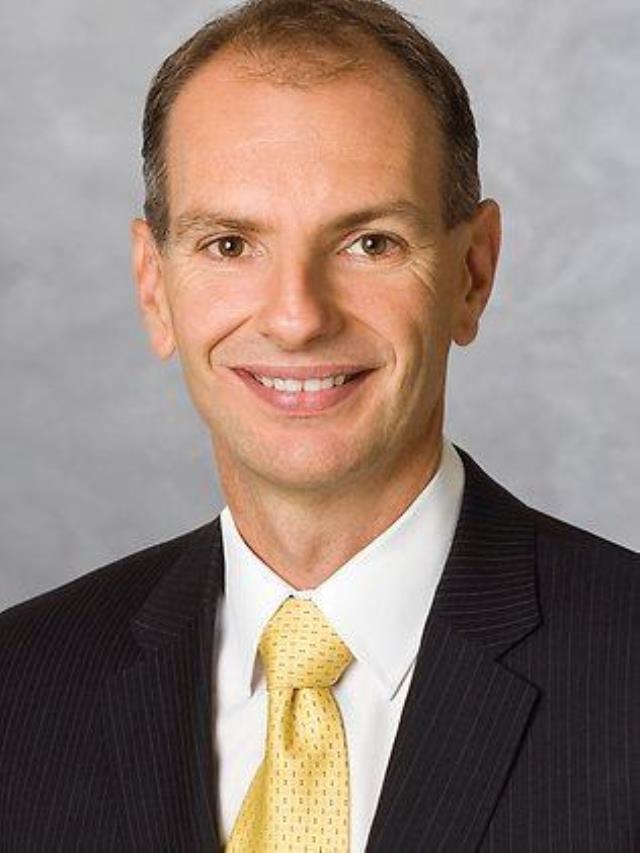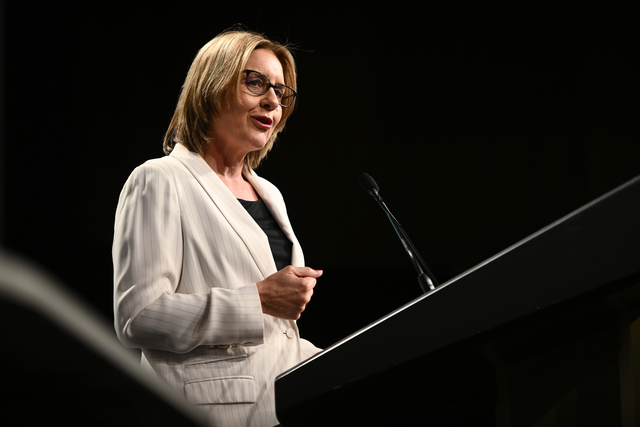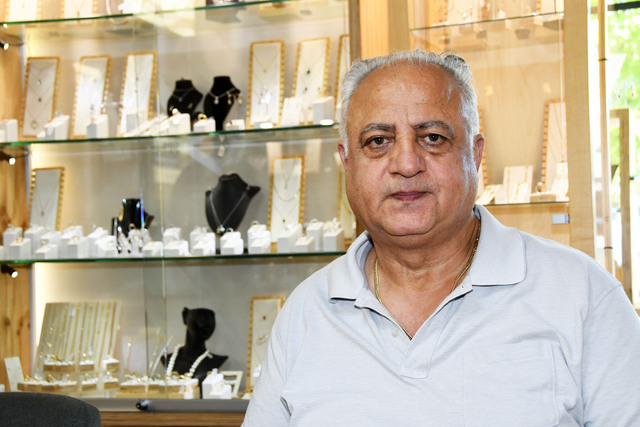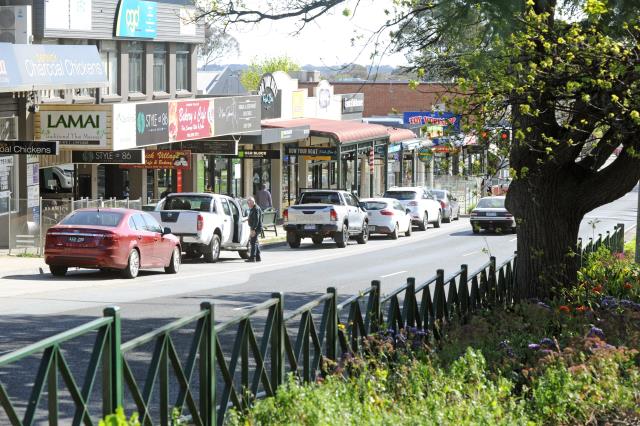There’s a multitude of reasons why new migrants and refugees are reluctant to seek help for mental-health struggles.
With this in mind, Dandenong-based Wellsprings for Women has launched a ground-breaking mental health resources kit at The Drum theatre on Friday 1 December.
Mental Health Minister Ingrid Stitt, Dandenong MP Gabrielle Williams and South Eastern Metropolitan MP Lee Tarlamis were among the guests at the launch.
The resources kit includes a video, flyer and safety card specifically designed for new arrivals.
It was created by co-designers from India, Afghanistan and Pakistan who have mental health first aid training.
“They provide information on thriving in a new home, seeking help, and assisting a friend,” Wellsprings prevention practitioner Rowena M Ocampo said.
“The video, filmed in Dari with English subtitles, is based on the co-designers’ lived experiences.
“Additionally, the flyer and safety cards are available in six languages: Hindi, Urdu, Arabic, Farsi, Punjabi, and Dari.”
Local women collaborated in the resource kit’s design, which builds trust, ownership and empowerment in the community, Ocampo said.
“Their involvement ensures that the resources are culturally relevant and sensitive to the specific needs of the target population: new migrants, friends, and members of their community.
“It also ensures that the resources are linguistically appropriate, using terminology and expressions that resonate with the intended audience.”
Ocampo advises that taking the first step to seeking support for ailing mental health is crucial.
But migrant and refugee women face “unique challenges” to accessing help – such as cultural and linguistic barriers, stigma, lack of family and social support, limited access to services and the impact of trauma and displacement.
“A migrant woman may be hesitant to seek help for symptoms of depression or anxiety due to the fear of being labelled as ‘crazy’ or bringing shame to her family.
“This fear may prevent her from accessing timely and appropriate mental health care.”
One of the local co-designers said that her key take-away was to talk more about each other’s mental health.
“The more we talk about mental health, the less stigma is attached to it therefore people are most likely to seek help,” she said.
Ocampo’s tips for those needing support are:
– Understand that it’s okay to feel overwhelmed, and seeking help is a sign of strength, not weakness.
– Reach out to a friend, family member, or someone you trust. Sharing your feelings with someone close to you can provide emotional support.
– If you are unsure where to start, reaching out to a local community organisation or healthcare provider can guide you in the right direction.

